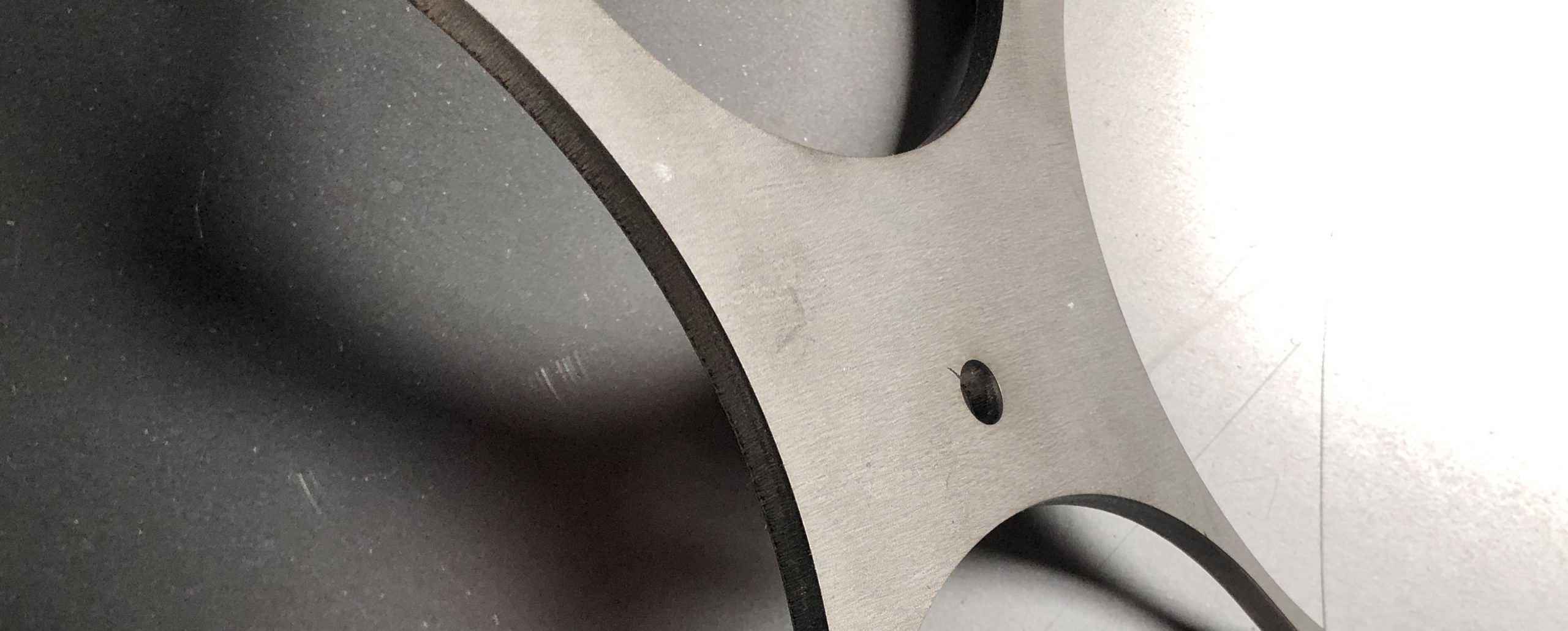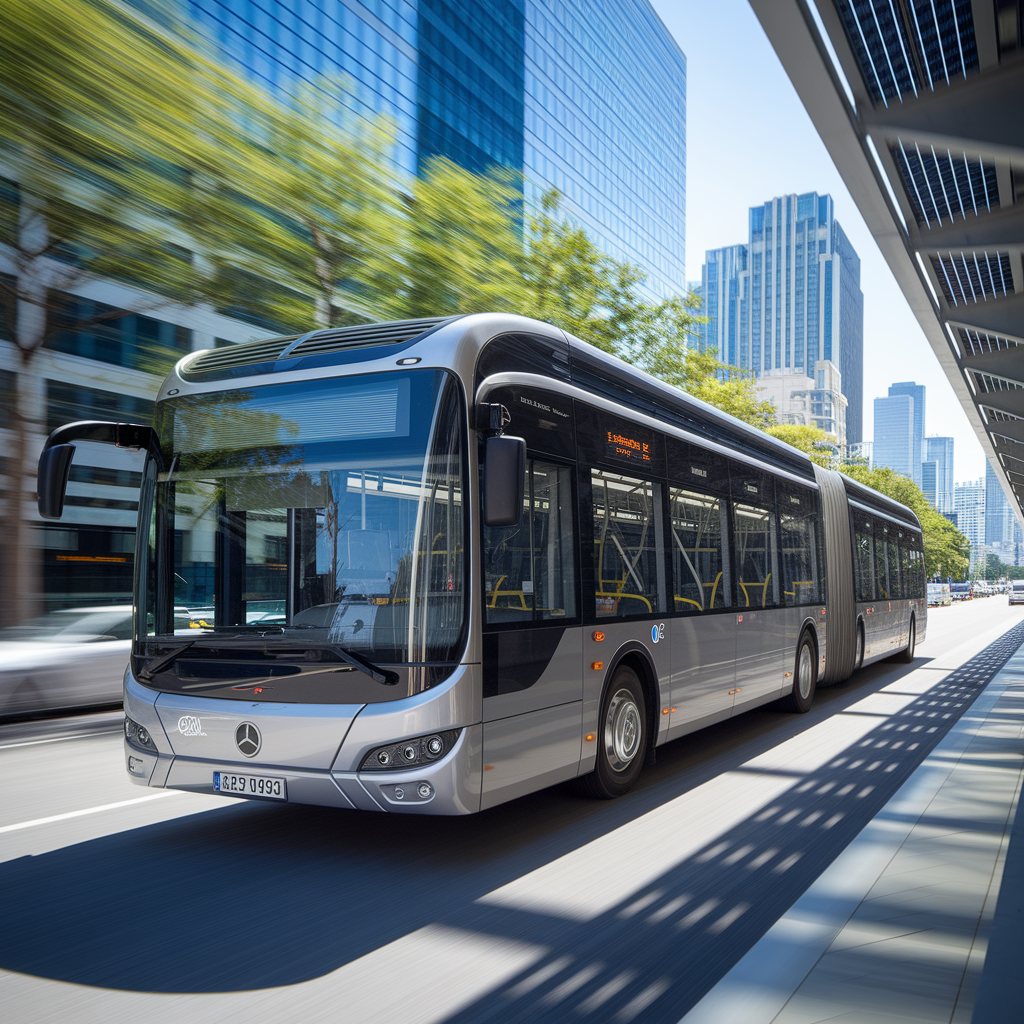At AP Precision Metals, we prioritize exceeding industry standards and ensuring regulatory compliance in our manufacturing processes. Our aluminum busbars meet the rigorous requirements set forth by industry benchmarks such as NEMA and RoHS. As a testament to our commitment to quality and sustainability, our RoHS-compliant aluminum busbars not only adhere to environmental directives but also deliver superior performance and reliability for a variety of applications. Learn more about our compliance and standards to understand how we uphold the highest level of excellence.
Understanding RoHS Compliance for Aluminum Bus Bars
At AP Precision Metals, we understand the critical importance of adhering to industry standards and certifications when manufacturing electrical components, including aluminum busbars. One pivotal requirement for these components is compliance with the Restriction of Hazardous Substances (RoHS) directive. RoHS compliance is essential for ensuring that electrical products meet strict environmental and safety standards, limiting the use of specific hazardous materials in electrical and electronic equipment.
As a leading manufacturer, we prioritize producing RoHS-compliant aluminum busbars that align with the requirements to ensure safety, quality, and environmental responsibility. The RoHS directive, established by the European Union, restricts the use of six hazardous substances, including lead, mercury, cadmium, and hexavalent chromium, among others. By meeting these standards, our aluminum busbars not only help protect the environment but also ensure compatibility with global regulatory mandates.
Moreover, our commitment to quality extends beyond RoHS compliance. We also adhere to stringent NEMA standards and secure ISO certifications to offer superior service and products that meet the highest industry benchmarks. These certifications validate our dedication to quality control, operational excellence, and continuous improvement in manufacturing processes. With these standards in place, AP Precision Metals ensures that our aluminum busbars are reliable, efficient, and safe for various electrical applications.
Comparing Aluminum and Copper Bus Bars for Industrial Use
When selecting busbars for industrial applications, the decision often narrows down between aluminum and copper. Both materials have unique advantages that make them suitable for different scenarios. At AP Precision Metals, we use extensive industry knowledge to help you choose the right busbars for your needs.
Aluminum bus bars are frequently chosen for their excellent balance of conductivity and cost-effectiveness. Aluminum is lightweight, significantly reducing the electrical system’s overall weight. This is particularly advantageous in large-scale industrial applications where weight reduction is crucial. On the other hand, aluminum busbars are typically larger in size than their copper counterparts to compensate for aluminum’s lower electrical conductivity. Despite the larger size, aluminum offers a significant cost-saving advantage, especially in large installations.
Copper bus bars, while more expensive, offer higher conductivity and better mechanical strength compared to aluminum. Copper’s superior conductivity means that copper bus bars can be smaller and still effectively manage electrical loads. This can be particularly beneficial in confined spaces where size limitations are a concern. Additionally, copper bus bars perform better under high-heat conditions, making them preferred in applications demanding high thermal management.
Grounding is another critical factor where aluminum and copper bus bars excel. However, copper often has the edge due to its superior conductivity. For high-power applications, the robust nature of copper bus bars typically makes them a more reliable choice.
Key Advantages of Using Aluminum in Bus Systems
In modern electrical infrastructure, the choice of materials for bus systems plays a critical role in overall efficiency and performance. One of the key advantages of using aluminum in bus systems is its lightweight nature, which translates to easier handling and installation compared to traditional materials like copper. This is particularly advantageous when dealing with larger and more complex bus systems. Besides being lightweight, aluminum is highly conductive, making it an excellent material for electrical applications. The aluminum bus bar effectively transmits electrical current with minimal resistance and energy loss, ensuring reliable performance.
Another significant benefit of the aluminum bus bar is its cost-effectiveness. Aluminum is generally more affordable than copper, making it an economically viable option for large-scale projects without compromising quality and performance. This cost advantage allows industries to allocate resources more efficiently and potentially invest in other critical areas of their operations. Additionally, aluminum’s abundance as a resource ensures stable and predictable pricing, further assisting in budget-friendly project planning.
Furthermore, using aluminum in bus systems contributes to better thermal management. Aluminum’s excellent thermal conductivity facilitates efficient heat dissipation, reducing the risk of overheating and enhancing electrical components’ durability and longevity. This characteristic makes aluminum bus bars a reliable choice for high-performance applications where maintaining optimal temperature is essential.
From an environmental perspective, aluminum stands out as a sustainable option. It is 100% recyclable without losing its properties, leading to significant energy savings and reduced environmental impact during production and recycling. Industries can demonstrate their commitment to sustainability by choosing aluminum bus bars that align with broader environmental goals and regulatory compliance.
Ensuring Quality: Industry Standards for Bus Bars
At AP Precision Metals, we understand that maintaining superior quality in our manufacturing processes is paramount. Our aluminum bus bars meet stringent industry standards, ensuring they’re efficient, reliable, and safe for diverse applications. Adhering to NEMA standards and RoHS compliance, our bus bars are designed to provide long-lasting performance in various industrial environments. Following these standards guarantees that our products meet or exceed the requirements of industry regulatory bodies.
Compliance with NEMA standards signifies that our bus bars possess the mechanical and electrical properties needed to function reliably in demanding conditions. This standard is essential for ensuring the durability and performance of bus bars over extended periods. Additionally, our commitment to RoHS compliance ensures that we minimize the environmental impact of our products, aligning with global sustainability goals. This certification confirms that our aluminum bus bars are free from hazardous substances, making them a safer choice for the environment and user health.
Our company’s dedication to quality doesn’t stop there. We also adhere to AWS standards in our manufacturing processes, which certify that our welding techniques meet the highest levels of excellence. Combining these industry standards solidifies our position as a leader in the aluminum bus bar manufacturing sector. We believe that maintaining these certifications is not just about compliance but a testament to our commitment to producing superior-quality products. These standards are integral to achieving operational excellence and ensuring customer satisfaction.
For more information about our RoHS-compliant aluminum bus bars and how our adherence to industry standards can benefit your projects, please contact AP Precision Metals. Our team is ready to assist you with any queries and provide detailed information concerning the quality and reliability of our bus bars. Please visit our contact page for more information.
FAQs
Q: What industry standards do AP Precision Metals’ aluminum busbars comply with?
A: At AP Precision Metals, our aluminum busbars adhere to rigorous industry standards including NEMA (National Electrical Manufacturers Association) and RoHS (Restriction of Hazardous Substances) directives. These standards ensure our products meet essential mechanical, electrical, and environmental requirements.
Q: What is RoHS compliance, and why is it important for aluminum busbars?
A: RoHS compliance, established by the European Union, restricts the use of six hazardous materials in electrical and electronic equipment, such as lead, mercury, and cadmium. RoHS-compliant aluminum busbars ensure safety, quality, and environmental responsibility by limiting these harmful substances, thereby protecting both the environment and user health.
Q: How do aluminum busbars compare to copper busbars in terms of performance and application?
A: Both aluminum and copper busbars offer unique benefits. Aluminum busbars are lightweight and cost-effective but require larger sizes to match the electrical conductivity of copper. Copper busbars, while more expensive, provide higher conductivity, better mechanical strength, and improved performance in high-heat conditions. The choice between aluminum and copper depends on specific application requirements like cost, weight, and electrical load.
Q: What are the benefits of using aluminum in bus systems for industrial applications?
A: Aluminum busbars offer several advantages, including being lightweight, highly conductive, and cost-effective. These attributes facilitate easier handling and installation, reduce overall system weight, and provide economical solutions for large-scale projects. Additionally, aluminum’s excellent thermal management capabilities help prevent overheating, and its recyclability promotes environmental sustainability.
Q: What certifications does AP Precision Metals hold to ensure the quality and reliability of its aluminum busbars?
A: AP Precision Metals’ aluminum busbars are certified to meet NEMA and RoHS standards, ensuring they are reliable, efficient, and environmentally responsible. We also comply with AWS (American Welding Society) standards, affirming that our welding techniques meet the highest industry benchmarks. These certifications validate our commitment to producing superior quality products and maintaining operational excellence


